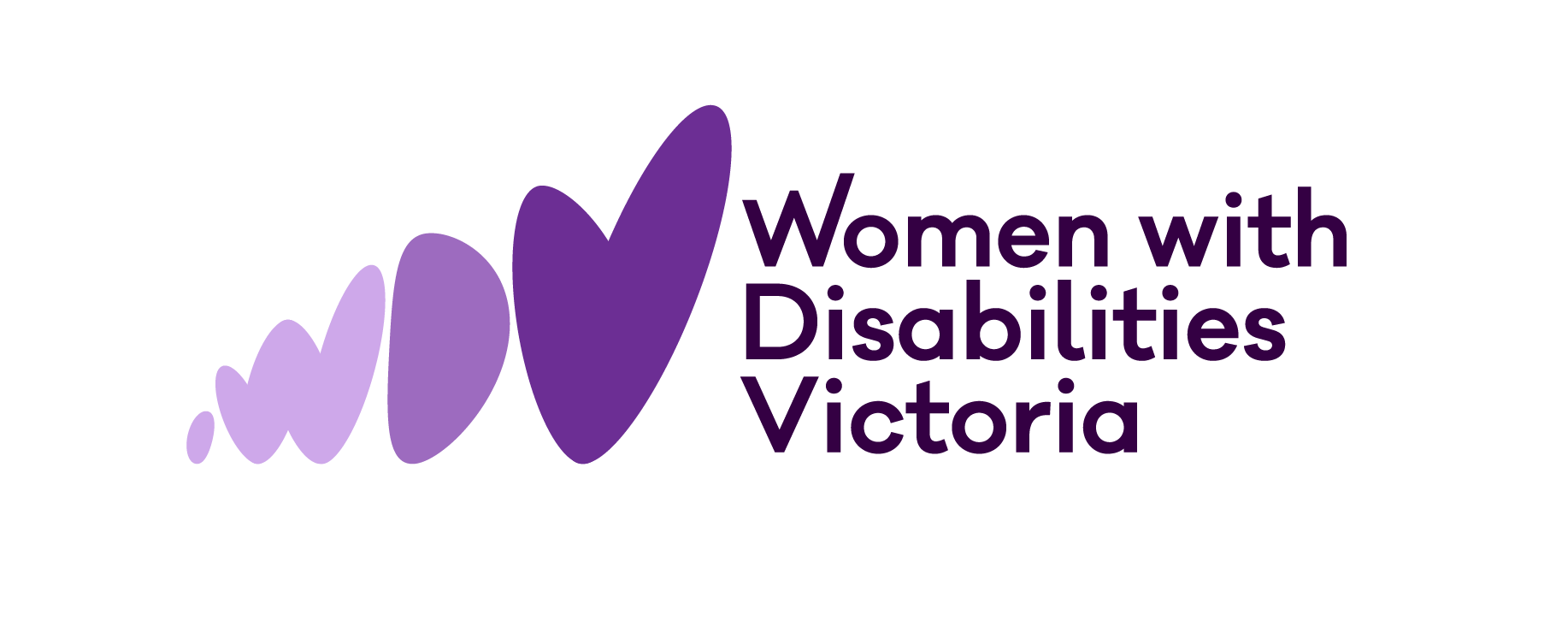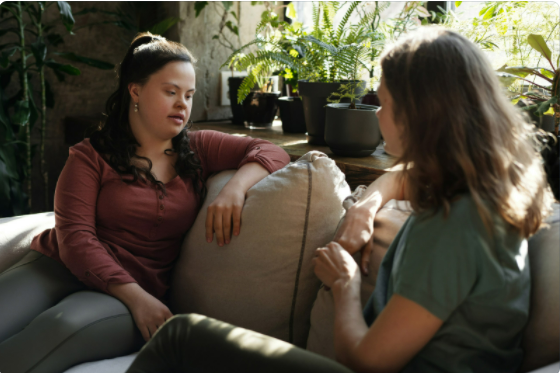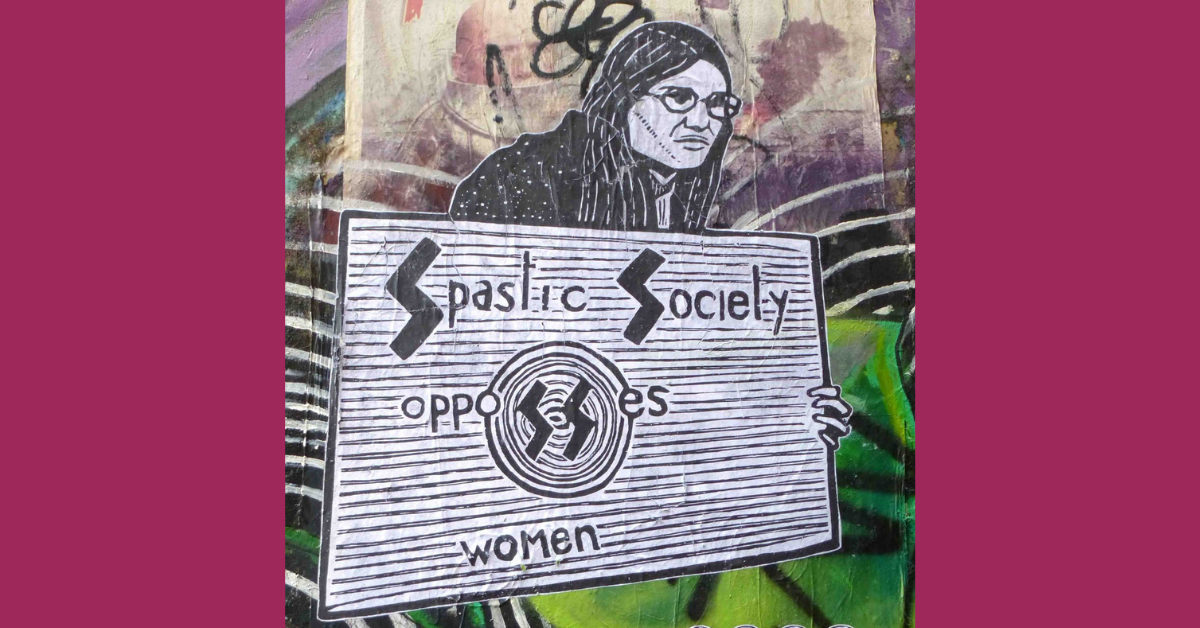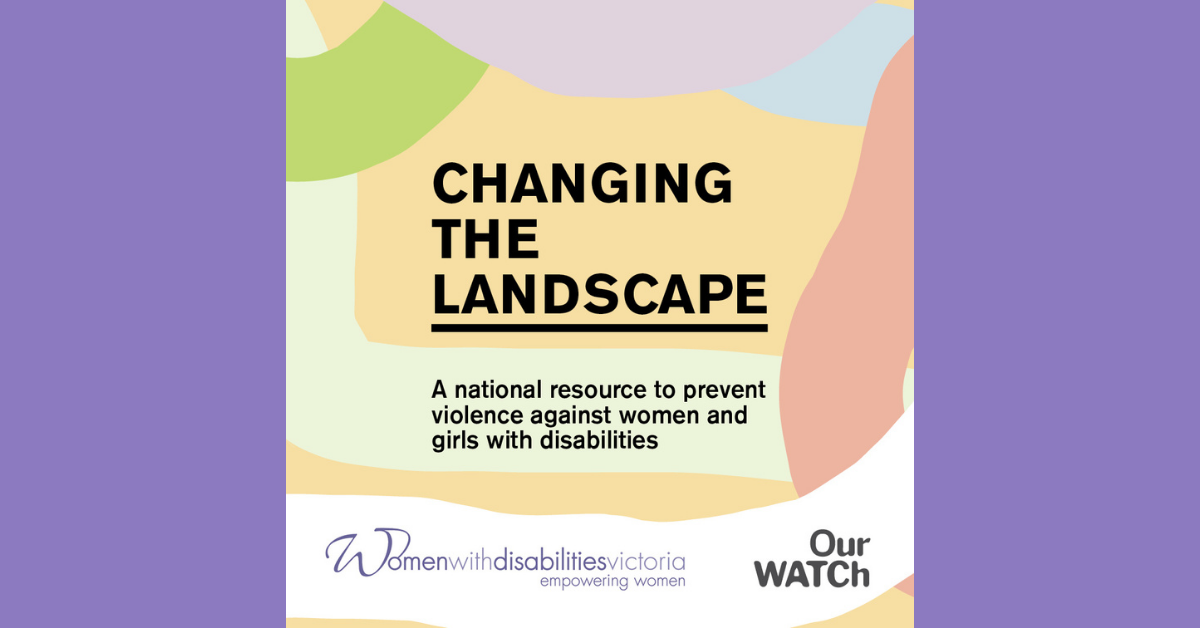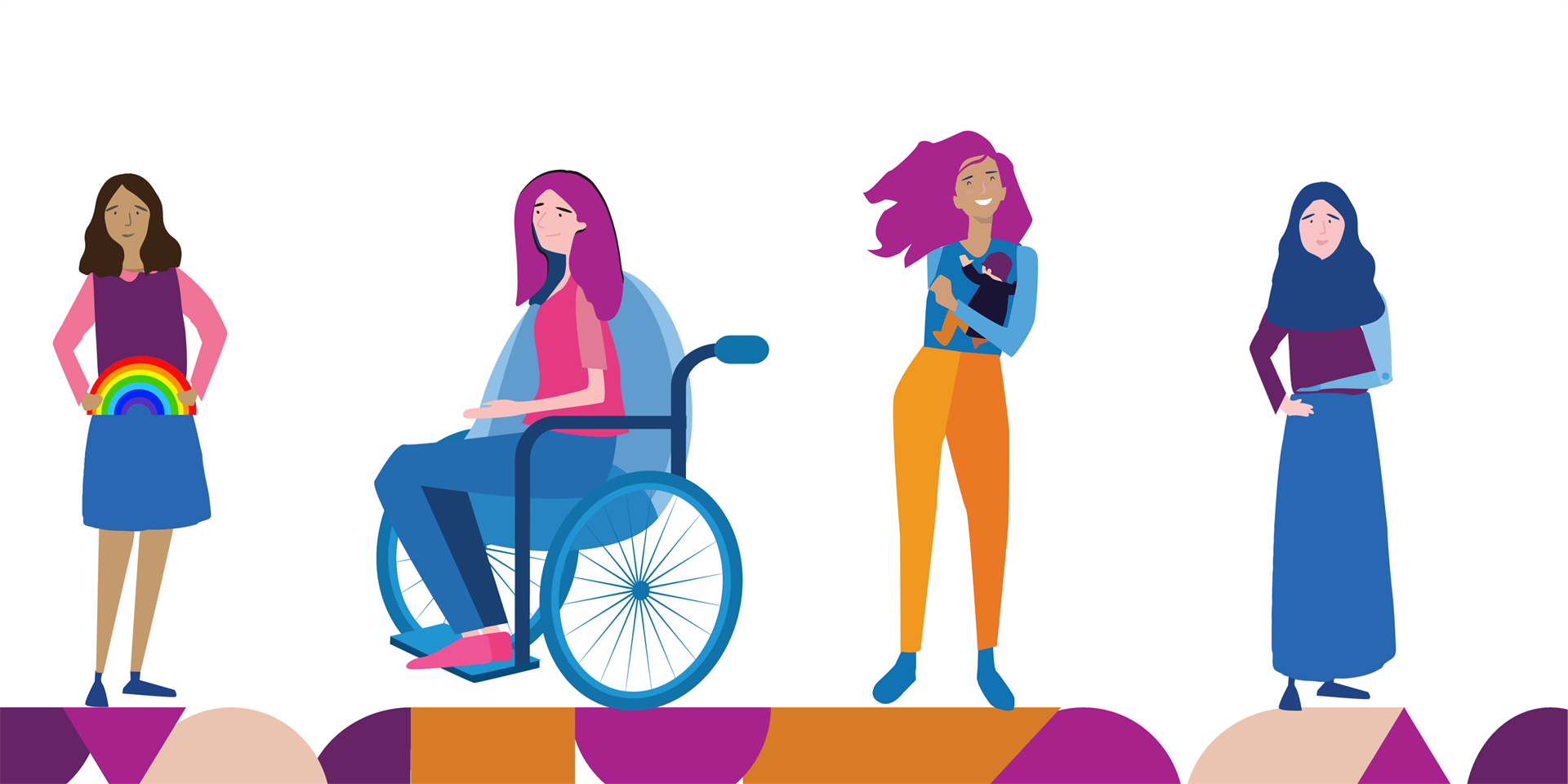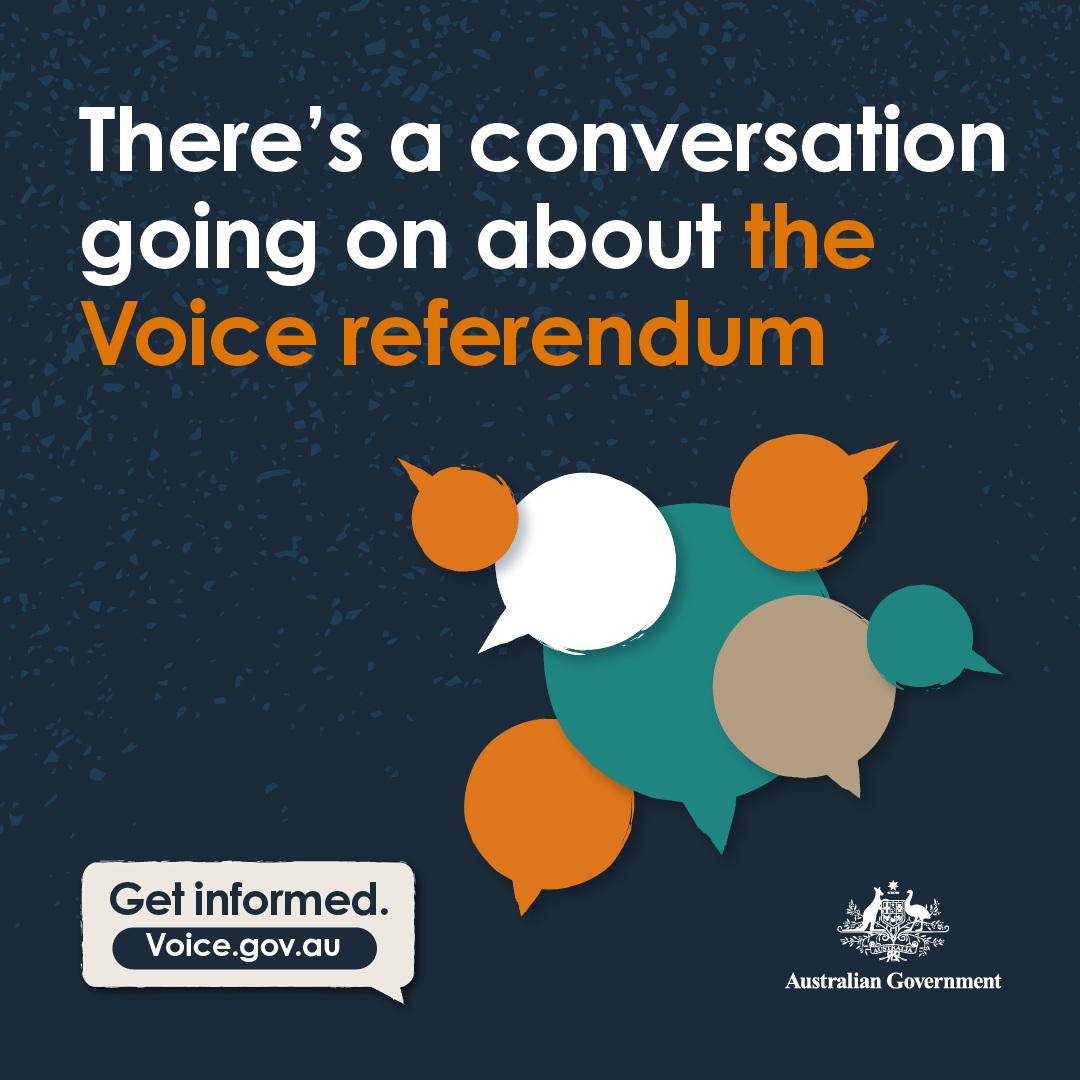
The Voice to Parliament Referendum: Statement from the WDV Board.
Read it here:
The Voice to Parliament Referendum Statement from the WDV Board- Word
The Voice to Parliament Referendum Statement from the WDV Board- PDF
WDV acknowledges the diversity of opinion on the Voice to Parliament. There is also a lot of information on voting Yes and voting No. We encourage our members and women with disability in the community to make their own informed choice when voting on October 14.
The First Peoples Disability Network (FPDN) is the peak organisation of and for Australia’s First Peoples with disability, their families and communities. You can access their website here fpdn.org.au
The upcoming referendum may be upsetting for some First Nations people. If you are a First Nations person and would like support, there are culturally safe services available 13Yarn. Visit the 13 Yarn website.
Accessible Resources
WDV are part of the broader human rights movement and advocate for people with disabilities to be enabled to fully participate in all areas of life. The right to vote is essential to enabling full citizenship (Source: International Covenant on Civil and Political Rights [ICCPR], Article 25). Voting processes and information has often been inaccessible for people with disabilities. Here are some resources:
The Council for Intellectual Disability have created this document in Easy Read that explains the referendum, voting and what voting Yes or No will mean for Australia and First Nations people.
Council for Intellectual Disability -Easy Read – The Voice to Parliament
Life Without Borders have several documents available on their website, in multiple languages to support everyone to understand the referendum.
Add link to 9328 Factsheet Easy Read LR2 – Life Without Barriers
Add link to 9328 Factsheet Plain English final LR2 – Life Without Barriers
· Voting accessibility https://icanvote.org.au/
· Accessibility of AEC services Referendum 2023 – Accessibility of AEC services
· Easy read guides which explain referendums, how to vote and enrol to vote https://www.aec.gov.au/About_AEC/Publications/easy-read/
· The official YES/NO Referendum pamphlet
· ‘Your Answer Matters’ a podcast released by the AEC, described as:
“an unbiased and detailed look at why the referendum is important, how you can make your vote count, and why your answer matters”
As of 6th September 2023, there is currently no Easy Read/ Easy English version of the official Referendum pamphlet available. The Australian Electoral Commission (AEC) notes:
Your official referendum booklet will be available in accessible formats progressively throughout September on this page https://www.aec.gov.au/referendums/learn/your-official-referendum-booklet.html.
Blind and low vision
Your official referendum booklet is currently being converted into formats accessible to voters who are blind or have low vision, and will available here, once completed. Once these materials are completed, they will also be available to request in hard copy through the AEC Contact Centre on 13 23 26.
Easy Read
Your official guide to the referendum is currently being converted into Easy Read and will be available here, for voters with different reading abilities once completed.
If you would like any further information, there are a variety of ways you can contact the Australian Electoral Commission: https://www.aec.gov.au/About_AEC/Contact_the_AEC/index.htm
